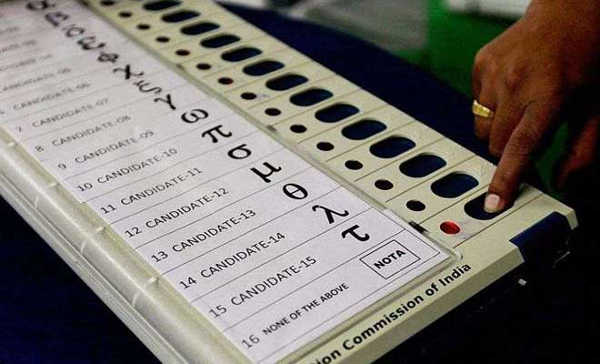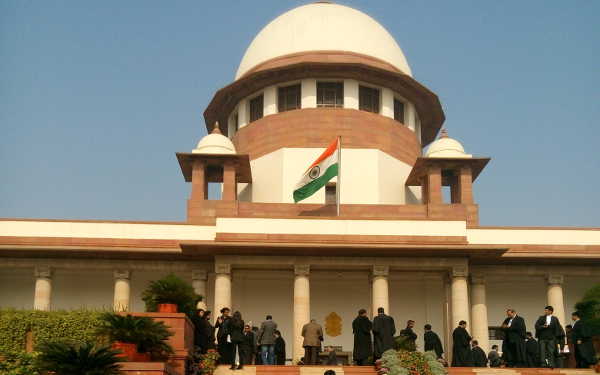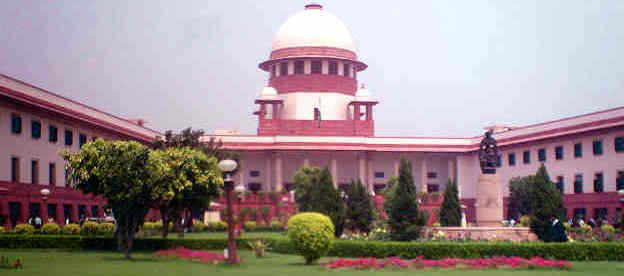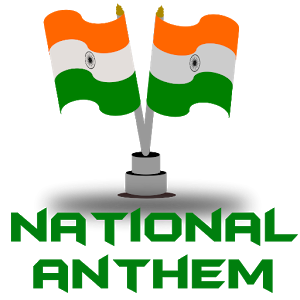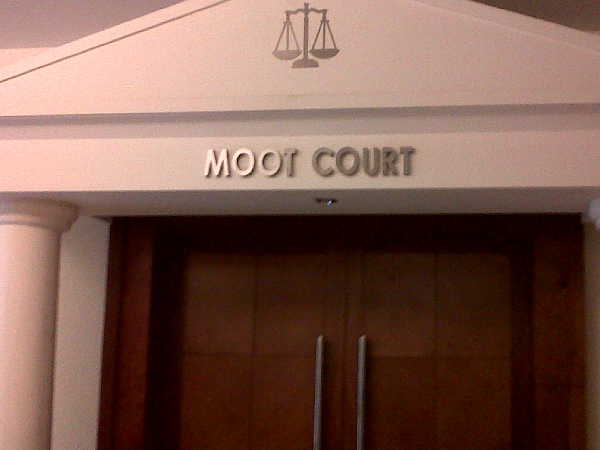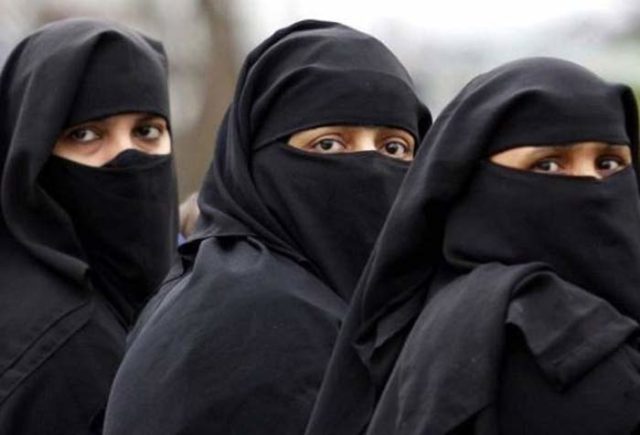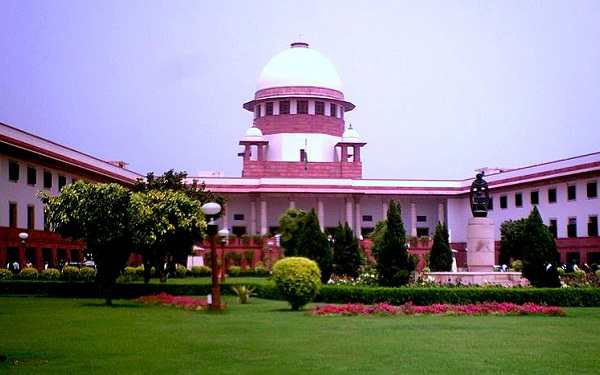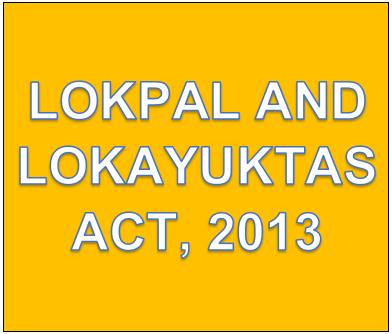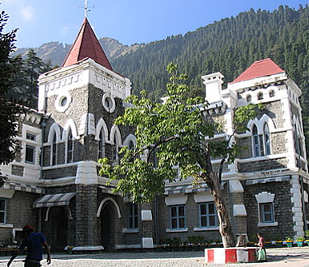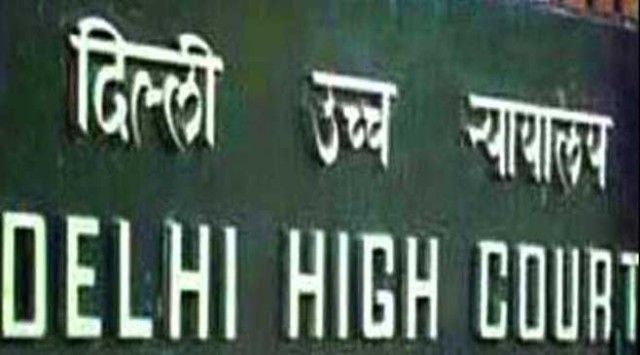Security Cheques and the surrounding anomaly : the Negotiable Instruments Act, 1881
INTRODUCTION:
Section 6 of the Negotiable Instruments Act, 1881 (hereinafter referred to as the N.I. Act) defines a cheque as a bill of exchange drawn on a specified banker and not expressed to be payable otherwise than on demand and it includes the electronic image of a truncated cheque and a cheque in the electronic form. It is important to bear in mind that all cheques are bills of exchange, but all bills of exchange are not cheques. It is a settled law that a cheque does not become invalid merely because of the reason that it is ante-dated or post-dated. A post-dated cheque is only a ‘bill of exchange’ till the date scribed on the face of the cheque however it becomes a ‘cheque’ on the date scribed on the face of the cheque.[1] Thus, the essential purpose of issuing a post-dated cheque is to prevent the drawee-bank from paying the amount written on the face of the cheque to the payee or a holder before the date scribed on the face of the cheque.[2]
According to the Halsbury’s Laws of England, Fourth Edition; Volume: 3(1); p.143- “Post-dated cheques are not invalid, but the banker should not pay such a cheque if presented before the date it bears. If, therefore, a cheque dated on a Sunday is presented on the previous business day, it should be returned with the answer ‘post-dated’. A post-dated cheque, however, if presented at or after its ostensible date, it should be paid though the banker knows it to be post-dated, and even if it has been presented before the date and refused payment.”
Chapter XVII of the N.I. Act deals with the offence of dishonour of cheque(s) and is tiled as “OF PENALTIES IN CASE OF DISHONOUR OF CERTAIN CHEQUES FOR INSUFFICIENCY OF FUNDS IN THE ACCOUNTS”.[3] This chapter runs from Section 138 to Section 142 of the N.I. Act. Penal provisions contained in Section 138 to Section 142 of the N.I. Act were enacted to ensure that the obligations undertaken by issuing cheques as a mode of payment are honoured.[4] To invoke Section 138 of the N.I. Act and to thereby to make a person liable for the offence of dishonour cheque, the following three conditions are required to be fulfilled: (a) the cheque has been presented to the bank within the period of six (6) months from the date on which it was drawn, or, within the period of its validity, whichever is earlier[5]; (b) the payee or the holder in due course of the cheque, as the case may be, formulates a demand for the payment of the cheque amount by giving a notice in writing, to the drawer of the cheque, within fifteen (15) days[6] of the receipt of the information by him from the bank as regards the dishonour of the cheque; and (c) the drawer of the cheque fails to make payment of the cheque amount to the payee or the holder in due course, as the case may be, within fifteen (15) days of the receipt of the demand notice.[7]
PRESUMPTIONS UNDER SECTION 118(a) AND SECTION 139 OF THE N.I. ACT:
To bring home an offence under Section 138 of the N.I. Act, following ingredients must be fulfilled: (i) that there should be a legally enforceable debt; (ii) that the cheque is drawn up from the account of bank for discharge in whole or in part of any debt or other liability which pre-supposes the legally enforceable debt; and (iii) that the cheques so issued had been returned due to insufficiency of funds.[8]
Section 118(a) of the N.I Act holds that, until the contrary is proved, it shall be presumed that, every negotiable instrument was made or was drawn for consideration, and that every such instrument, when it has been accepted, indorsed, negotiated or transferred, was accepted, indorsed, negotiated or transferred, for consideration. However, Section 139 of the N.I. Act merely raises a presumption in favour of the holder of the cheque that the same has been issued for discharge of any debt or other liability. It is important to bear in mind that, the existence of a legally recoverable debt is not presumed under Section 139 of the N.I. Act.[9]
The standard of proof in a criminal trial for establishing the guilt of an accused by the prosecution is that of ‘beyond reasonable doubt’, however, the standard of proof as regards an accused to establish his innocence is ‘preponderance of probabilities’. The onus on the accused in a criminal case is not as heavy as that of the prosecution and the accused may be compared with defendant in a civil case.[10] It worth noting that, Section 138 of the N.I. Act specifies a strong criminal remedy against the dishonour of cheques, the rebuttable presumption under Section 139 of the N.I. Act is a device to prevent undue delay in the matter of litigation, that is, if an accused is able to raise a probable defence which creates doubt about the existence of a “legally enforceable debt or other liability”, the prosecution can fail. If two views are possible on the evidence adduced in the case- one pointing to the guilt of the accused and the other to his innocence, the view which is favourable to the accused should be adopted.[11] Section 139 of the N.I. Act categorically states that, it shall be presumed, “unless the contrary is proved”, that the holder of a cheque received the cheque of the nature specified under Section 138 of the N.I. Act for discharge in whole or in part, of any debt or other liability; thus, Section 139 of the N.I. Act introduces that which may be called as the doctrine of ‘reverse burden’; the privilege given by this doctrine must be delicately balanced.[12]
SECURITY CHEQUE:
The language and purport of the N.I. Act illustrates the intent of the law-makers to the effect that, wherever there is a default on the part one in favour of another and in the event a ‘cheque’ is issued in discharge of any debt or other liability, then, there cannot be any restriction or embargo in the matter of application of the provisions of Section 138 of the N.I. Act, 1881.[13]
In the case of, M/s Collage Culture & Ors v. Apparel Export Promotion Council & Anr[14], the Hon’ble Single Judge Bench of the High Court of Delhi categorically observed as follows:
- A post-dated cheque may be issued under two (2) circumstances: (1) It may be issued for a debt in presenti, payable in future; and, (2) It may be issued for a debt which may become payable in future upon the occurrence of a contingent event;
- A post-dated cheque issued for a debt in presenti, payable in future is not in the nature of a “security cheque”; however, a post-dated cheque issued for a debt which may become payable in future upon the occurrence of a contingent event is in the nature of a “security cheque”; and,
- The word “due” means “outstanding at the relevant date”. The debt has to be in existence as a crystallised demand analogous to a liquidated demand which may or may not come into existence; coming into existence being contingent upon the happening of an event.
- A post-dated cheque for a debt due but payment postponed to future date would attract Section 138 of the N.I. Act; however, a cheque issued not against an existing debt due but rather by way of a ‘security’ would not attract Section 138 of the N.I. Act, for it has not been issued for a debt which has come into existence.
The decision rendered in M/s Collage Culture (Supra) was set aside by the Hon’ble Supreme Court vide its order dated 29.07.2015 rendered in Apparel Export Promotion Council & Anr v. M/s Collage Culture & Ors, passed in Criminal Appeal No. 1678/2012 (Coram: V. Gopala Gowda & A.K. Goel, JJ.).[15] Posthumously, in the case of Credential Leasing & Credits Ltd. v. Shruti Investments & Anr[16], the Hon’ble High Court of Delhi observed that, even a security cheque could form the basis of a complaint under Section 138 of the N.I. Act, if on the date of deposit of the post-dated security cheque, the debt apropos the accused stood crystallised.
DICTUM IN INDUS AIRWAYS PRIVATE LIMITED V/s MAGNUM AVIATION PRIVATE LIMITED:
In the case of, Indus Airways Private Limited v. Magnum Aviation Private Limited[17], the question that arose for consideration before the Hon’ble Supreme Court of India was this: Whether dishonour of a post-dated cheque issued as an advancement payment against a purchase order will invite prosecution under Section 138 of the N.I. Act, if the purchase order was cancelled and no goods or services were supplied to the purchaser, but the cheque issued by him was presented for payment before the bank and the same was returned as dishonoured with the remarks ‘stop payment’?
The court opined as follows:
- The purchaser can, at best, be held liable for the tort of breach of contract, but proceedings cannot be launched against him under Section 138 of the N.I. Act;
- If a cheque has been drawn as an advance payment for purchase of goods and thereafter, for any reason the purchase order is not carried out to its logical conclusion, either because of its cancellation or otherwise, and the materials/goods for which purchase order was placed were not supplied, then, the cheque cannot be held to have been drawn for an existing debt or other liability; and
- The payment of the cheque in the nature of an advance payment indicates that, at the time of the drawal of the cheque, there was no existing debt or other liability.
DICTUM IN SAMPELLY SATYANARAYANA RAO V/s INDIAN RENEWABLE ENERGY DEVELOPMENT AGENCY LIMITED:
In the case of, Sampelly Satyanarayana Rao v. Indian Renewable Energy Development Agency Limited[18], the Hon’ble Supreme Court of India was of the opinion that, to determine the applicability of Section 138 of the N.I. Act in a given case the test to be employed should be following: ‘Whether the cheque represents discharge of existing enforceable debt or liability, or, whether it represents advance payment without there being subsisting debt or liability?’.
The Hon’ble Supreme court in this case held as follows:
- Issuance of cheque towards advance payment could not be considered as discharge of any subsisting liability;
- Whether a post-dated cheque is for “discharge of debt or liability” depends on the nature of the transaction. If on the date of the cheque liability or debt exists or the amount has become legally recoverable, then Section 138 of the N.I. Act stands attracted and not otherwise;
- In case ‘loan’ has already been disbursed by the bank and the ‘instalment’ has fallen due on the date mentioned on the face of the cheque, then, dishonour of such a cheque falls under Section 138 of the N.I. Act, as such a cheque undoubtedly represents an ‘outstanding liability’.
EXCURUS:
From the above discussion, following conclusions can be drawn:
- A post-dated cheque is a well recognised mode of payment;
- If on the date the cheque is presented for encashment to the bank, ascertained and/or crystallised debt or other liability relatable to the dishonoured cheque exists, then, the dishonour of the cheque would invite prosecution under Section 138 of the N.I. Act;
- The expression “security cheque” is not a statutorily defined expression in the N.I. Act; the N.I. Act does not per se carve out an exception in respect of a security cheque[19];
- Once the issuance of the cheque and the signatures scribed thereon are admitted, then, the presumption of a legally enforceable debt or other liability in favour of the holder of the cheque or payee arises, therefore, it will be for the accused to rebut the said presumption, although the accused need not adduce his own evidence, he can rely upon the material submitted by the complainant. Mere statement of the accused perhaps may not be sufficient to rebut the said presumption[20];
- The explanation appended to Section 138 of the N.I. Act leaves no manner of doubt that to attract an offence under Section 138 of the N.I. Act, there should be legally enforceable debt or other liability subsisting on the date of drawal of the cheque; and,
- Drawal of cheque in discharge of an existing debt or past adjudicated liability is essential for brining an offence under Section 138 of the N.I. Act.
[1] See: Anil K. Sawhney v. Gulshan Rai, (1993) 4 SCC 424; Ashok Yeshwant Badave v. Surendra Madhavrao Nighojakar, (2001) 3 SCC 726
[2] See: Chalmers & Guest on Bills of Exchange, Cheques and Promissory Notes, 15th Edition, p.74
[3] The Banking, Public Financial Institutions and Negotiable Instruments Laws (Amendment) Act, 1988 inserted in the Negotiable Instruments Act, 1881, a new Chapter XVII comprising of Section 138 to Section 142.
[4] See: Goaplast (P) Ltd. v. Chico Ursula D’souza, AIR 2003 SC 2035
[5] The period of six (6) months has been reduced to a period of three (3) months vide RBI Notification No. RBI/2011-12/251, DBOD.AML BC No. 47/14.01.001/2011-12, dated 04.11.2011 (With Effect From: 01.04.2012)
[6] The period of fifteen (15) days, now, stands increased to thirty (30) days by virtue of the Negotiable Instruments (Amendment and Miscellaneous Provisions) Act, 2002.
[7] See: Sharda Finance Corporation v. L. Laxman Goud, 2004 (4) CRJ 245
[8] See: Wilson Mathew v. The State NCT of Delhi & Ors, 224 (2015) DLT 291
[9] Ibid, Para 33
[10] See: M.S. Narayana Menon @Mani v. State of Kerala, 2006 (3) CTC 730
[11] See: Ramanand Yadav v. Prabhu Nath Jha & Ors, AIR 2004 SC 1053
[12] See: A. Thayalan v. S.S. Mani, 2014 (4) MLJ (Crl.) 493
[13] See: ICDS Ltd. v. Beena Shabeer & Anr, (2002) 6 SCC 426
[14] 2007 (4) JCC (NI) 388
[15] In Apparel Export Promotion Council & Anr v. M/s Collage Culture & Ors, Criminal Appeal No. 1678/2012, Decided on: 29.07.2015, the Hon’ble Supreme Court of India setting aside the judgment of the Hon’ble High Court of Delhi, remanded the matter to the Trial Court to ascertain as to whether or not, on the date of deposit of the cheque the liability had been quantified. The disputing parties were granted liberty to adduce oral and documentary evidence in support of their respective claim and counter-claim.
[16] 223 (2015) DLT 343
[17] (2014) 12 SCC 539
[18] Criminal Appeal No. 867 of 2016 (Arising out of S.L.P. (Crl.) No. 5410 of 2014); Decision Dated: 19.09.2016; Coram: Dipak Misra & Adarsh Kumar Goel, JJ.
[19] See: Suresh Chandra Goyal v. Amit Singhal, 2015 (3) DCR 362
[20] See: Rangappa v. Sri Mohan, (2010) 11 SCC 441


